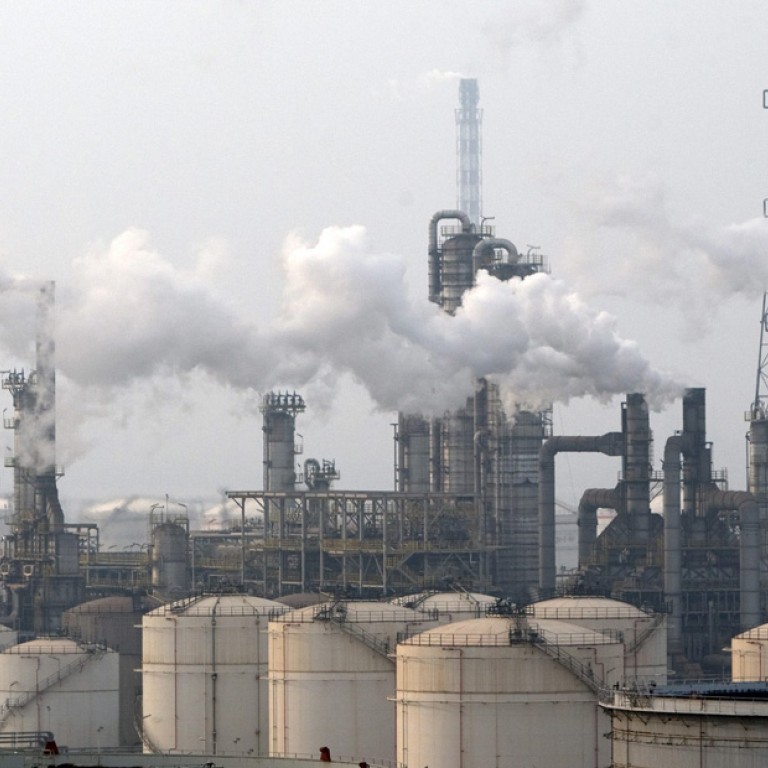
Climate's right for global deal on emissions
Global efforts to curb the pollution behind climate change have for years been inching forward painfully.
Global efforts to curb the pollution behind climate change have for years been inching forward painfully. But as the latest UN talks began in Bonn last week, data from Europe, an announcement from the United States and a hint from China gave hope that the world is finally ready for a serious assault against the emissions that are causing temperatures to rise and weather patterns to shift. The refusal of the biggest polluters to adopt mandatory targets has stymied efforts to keep warming in check. But signs of action from leading economies offers an unprecedented chance of an agreement.
A pact has been held back by a deep divide between developing and developed nations, led by the world's biggest polluters, China and the US. Neither has been willing to adopt tough targets that would cut emissions of pollutants. Carbon dioxide is the worst culprit; in 2012, China was responsible for 29 per cent of the global total, the US for 16 per cent and the European Union for 11 per cent. Only Europe has taken the UN goals seriously. It announced on Wednesday that emissions fell by 19 per cent between 1990 and 2012, just short of the 2020 goal of 20 per cent.
That was followed by the US Environmental Protection Agency's unveiling of new regulations for existing power plants. The proposed rules call for cutting carbon emissions by 30 per cent in 15 years. It is a major step that, if approved, would spur investment in low- and non-polluting technologies, wind and solar power among them. The cleaner air would save thousands of lives, slow soil and water degradation and make the US a major player in the global warming fight.
Further positive signs came from China, where a top government adviser on climate change, He Jiankun, suggested limits could be imposed on carbon emissions in the next five-year plan. Such a decision would hugely benefit the nation by protecting public health and the environment.
But while there are significant domestic benefits, there are also global ones. Should China and the US take concerted efforts to cut emissions from power plants and factories, there would finally be an opportunity to mitigate climate change. A powerful signal would be sent to other countries to take similar action. Events of the past week have lifted hopes that climate change can be kept in check through a deal being struck at the next major UN conference in Paris in December 2015.

